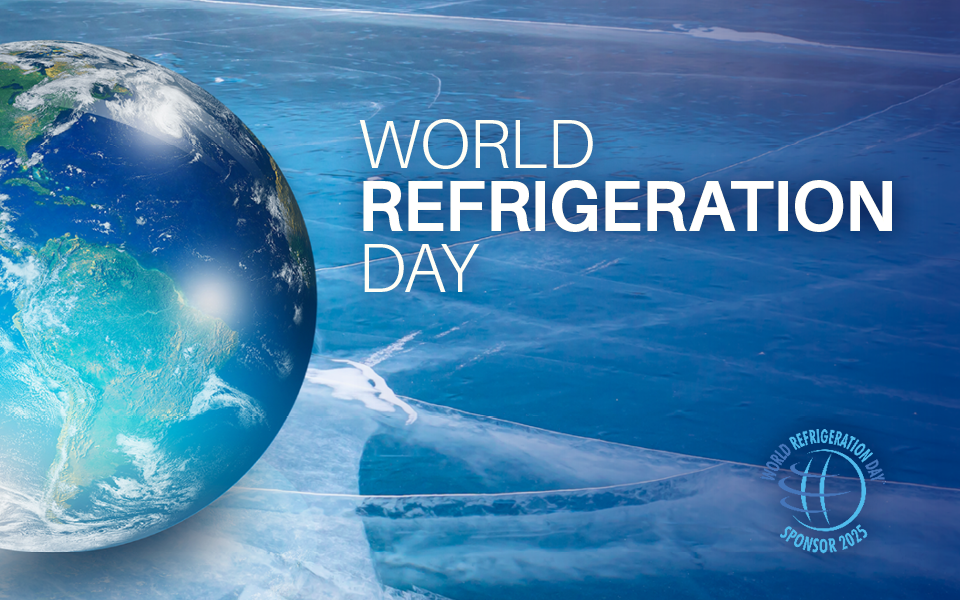*On June 1, 2023 Emerson’s Climate Technologies business became a new standalone company – Copeland. Though our name has changed, we are building on more than a century of HVACR innovation and industry leadership, and Copeland continues to offer the same products, industry stewardship, and learning opportunities you’ve grown to trust. Information found on this webpage posted before June 1, 2023 may contain our old name or branding, but you can be at ease knowing it was created with the knowledge and expertise of Copeland.

Energy efficiency initiatives are a prominent topic in the minds of food retailers. The growing importance of reducing environmental footprints and increasing regulatory pressure have prompted retailers to make sustainability and energy efficiency core operating principles.
Formerly, energy efficiency efforts focused on specific projects like LED lighting conversions. Now, retailers are more likely to work energy efficiency efforts into their everyday operations and establish themselves as sustainable and environmentally conscious brands.
The growing focus on energy-efficient operations has caused retailers to take a systematic approach to energy, focusing more on total consumption, sustainability impacts and big data to help optimize energy use.
While they continue to further energy efficiency efforts, retailers are also evaluating the use of natural refrigerants, implementing refrigerant leak detection, deploying advanced demand reduction methods and exploring new energy storage potential. Combining all of these efforts into more of a fixed plan for energy efficiency and sustainability has shifted the way retailers approach their operations.
This more methodical approach has accelerated the adoption of newer control technologies and the need to upgrade older refrigeration systems. While upgrading equipment can bring a hefty installation cost, newer equipment can often reduce energy use by 30–50 percent, saving money in the long run while also helping retailers meet sustainability goals.
Proactively replacing inefficient systems before end-of-life failure allows retailers to take advantage of immediate savings while simultaneously reducing the food safety, operational and maintenance cost risks associated with older equipment failures. Upgrading equipment sooner rather than later can help reduce negative effects to the bottom line while also bolstering energy efficiency capabilities.
Refrigeration systems represent approximately 60 percent of energy costs for grocers, making choosing the correct system one of the most important factors when attempting to generate energy savings. Another important aspect of reducing energy use is utilizing store controls to connect and manage lighting, HVAC and other major refrigeration systems. Emerson’s family of supervisory controls can help retailers manage all of that and more within the palms of their hands.
Combining high-efficiency equipment with supervisory controls can help improve your operations, mitigate risk, save money, and further sustainability and efficiency efforts. As the industry changes at a rapid pace, staying ahead of the curve and proactively updating your operations could separate you from the pack.

State-level decarbonization efforts ramp up
New York continues its climate policies in the face of federal deregulation. I recently returned...

Repair or Replace? How to advise homeowners on the shift to A2L refrigerants
The transition to lower-global warming potential (GWP) refrigerants hit a new milestone this year...

Celebrating World Refrigeration Day 2025
Electrical component considerations for A2L system safety Heating, ventilation, air conditioning...
